The Most Impactful Olympic Games Of All Time
The Olympic Games are a grand celebration of athletic prowess and international camaraderie. Every four years, athletes from around the globe gather to compete, showcasing not only their physical abilities but also the spirit of global unity.
The Olympics have evolved significantly since their inception, becoming a platform for cultural exchange and political statements. They leave a lasting legacy on host cities, transforming them into global hubs, while also inspiring generations to aspire to greatness.
The Ancient Origins: Olympia’s First Games
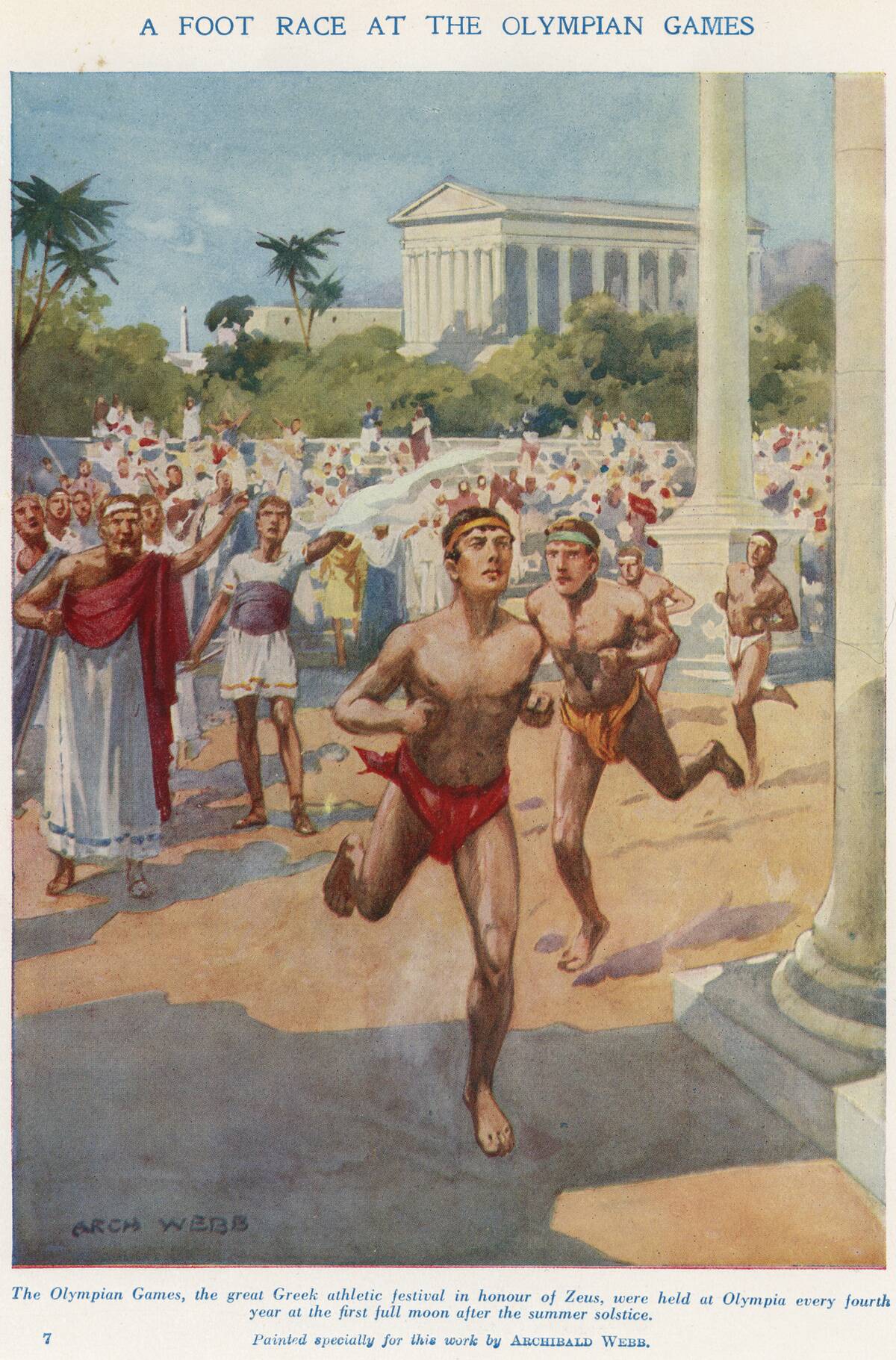
The very first Olympic Games took place in 776 BC in Olympia, Greece, a humble beginning with only one event—a foot race. These ancient games were held in honor of Zeus and became a crucial part of Greek culture.
Athletes competed for glory and a simple olive wreath, symbolizing victory. Interestingly, the ancient Olympics banned women both from competing and attending, with only unmarried women allowed to watch. Even that is a subject of debate, as some sources assert women of all statuses weren’t even allowed to watch them. This tradition continued every four years for nearly 12 centuries until 393 AD.
The Revival: Athens 1896 and the Modern Olympics
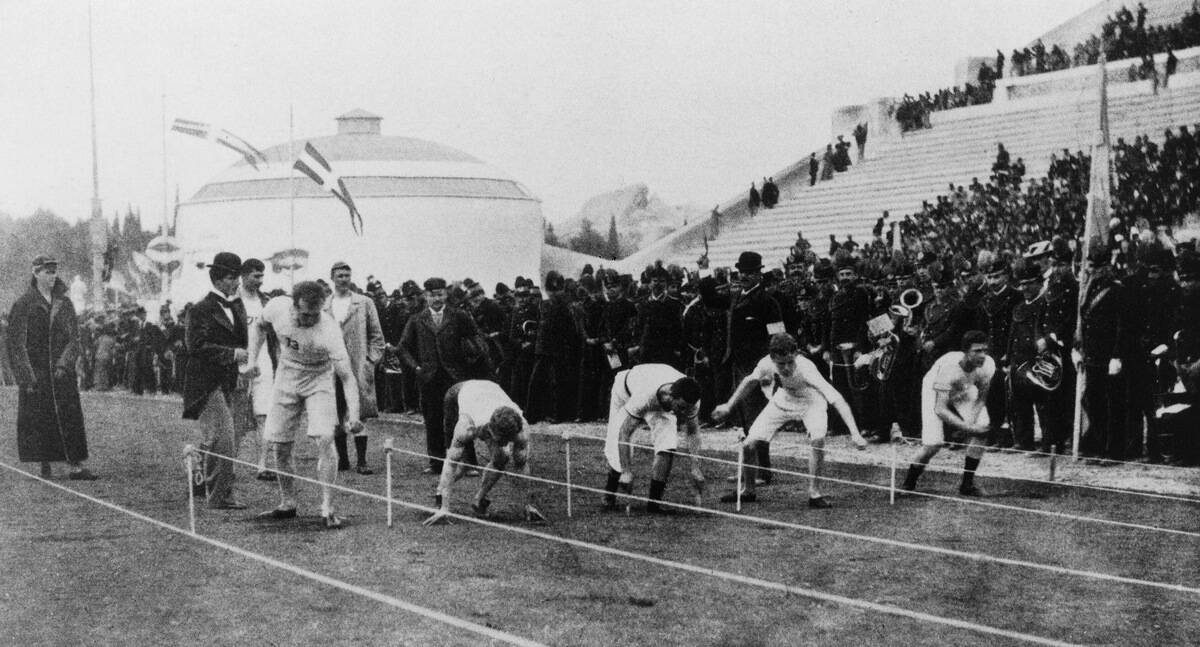
After a hiatus of over 1,500 years, the Olympics were revived in Athens in 1896, thanks to the efforts of Pierre de Coubertin, a French educator. The inaugural modern Games featured 14 nations and 241 athletes, competing in events such as wrestling, swimming, and cycling.
Held in the Panathenaic Stadium, the event was a resounding success, igniting global interest in this sporting spectacle. It marked the beginning of a new era, laying the groundwork for the expansive international event we know today.
Berlin 1936: Politics and Propaganda
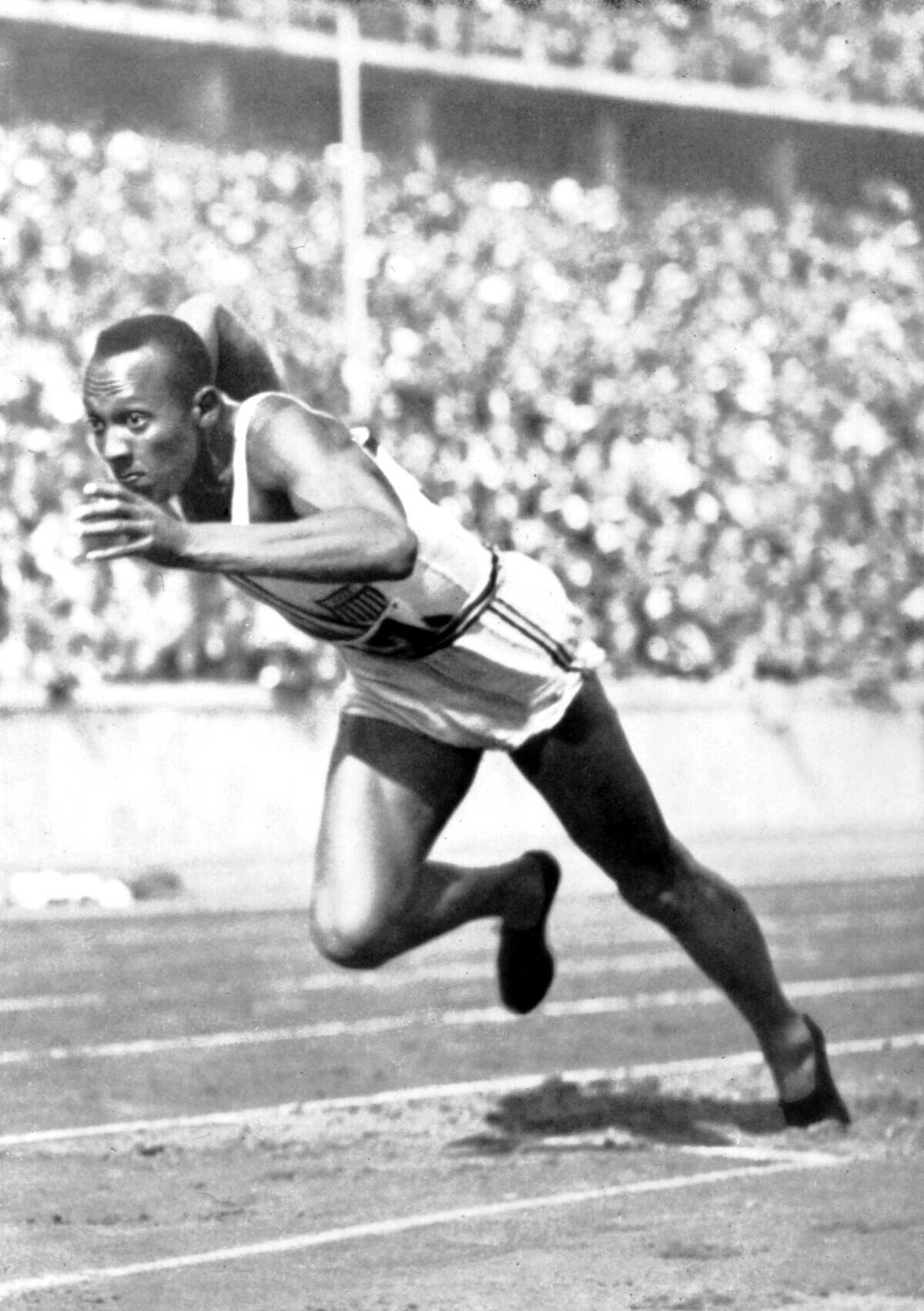
The 1936 Olympics in Berlin are perhaps best remembered for their political undertones, as Adolf Hitler used the event to promote Nazi propaganda. Despite the charged atmosphere, Jesse Owens, an African-American athlete, stole the show by winning four gold medals, challenging the ideology of racial superiority.
The Games were also significant for introducing the torch relay, a tradition that continues to this day, symbolizing the connection between ancient and modern Games.
London 1948: The Post-War Rebirth

The 1948 Olympics, held in London, were a beacon of hope and resilience following World War II. Dubbed the ‘Austerity Games,’ they were organized with limited resources, yet managed to unite athletes from 59 countries.
These Games saw the introduction of starting blocks for sprinters and the debut of the women’s canoeing competition. Despite post-war challenges, the event was a triumph, showcasing the enduring spirit of the Olympic movement and its power to bring nations together.
Mexico City 1968: Protests and Progress
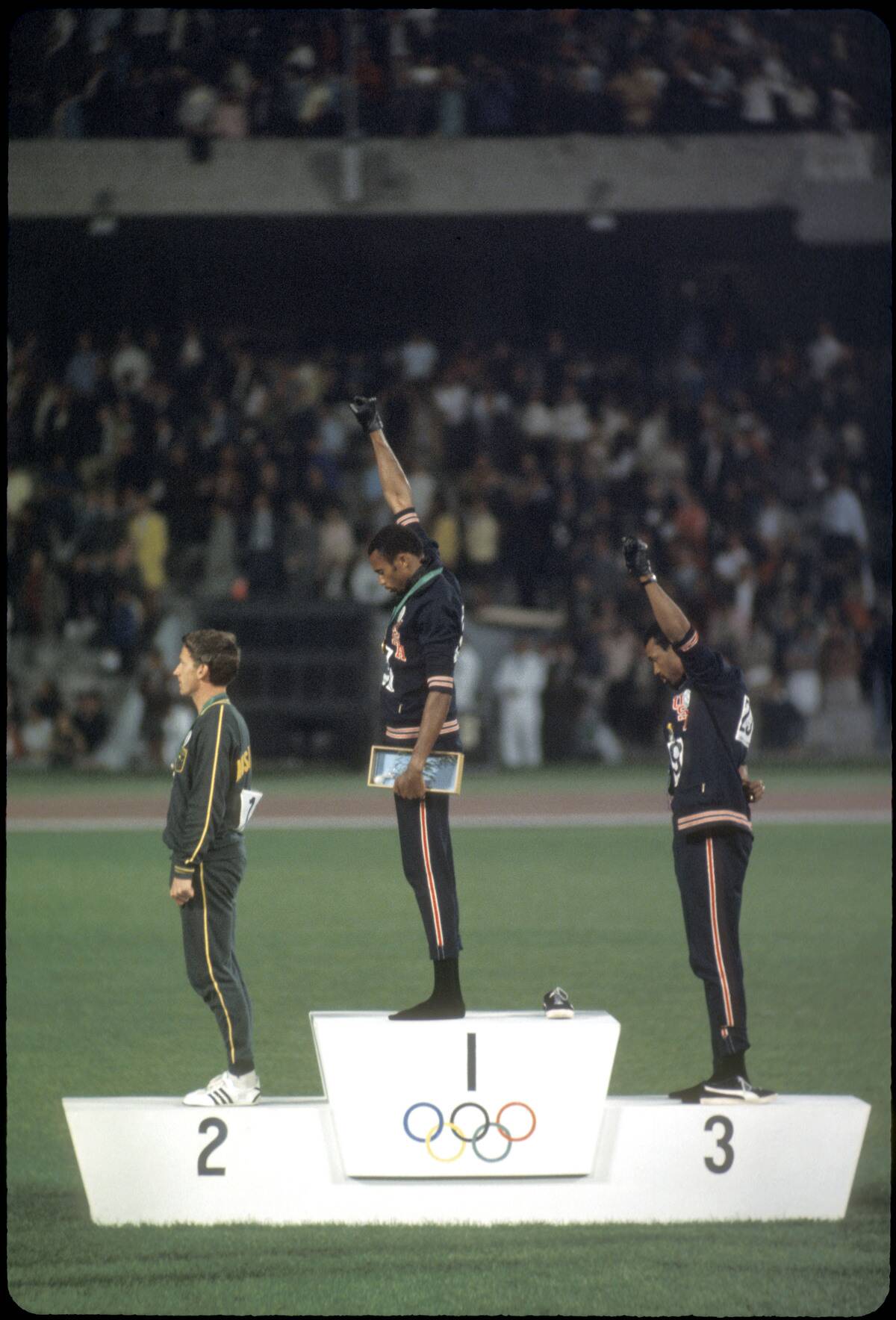
The Mexico City Olympics in 1968 were marked by a mix of athletic achievement and political protest. The Games saw the first live broadcast in color, bringing the vibrant event to homes worldwide.
However, they are perhaps most famous for the Black Power salute given by Tommie Smith and John Carlos during the medal ceremony, a powerful statement against racial discrimination. The high altitude of Mexico City also influenced performances, leading to multiple world records in track and field.
Munich 1972: Tragedy and Resilience

The Munich Olympics in 1972 are remembered for the tragic terrorist attack that led to the deaths of 11 Israeli athletes and coaches. Despite the horror, the Games continued, embodying the Olympic spirit of perseverance.
On the athletic front, American swimmer Mark Spitz dazzled by winning seven gold medals, a record at the time. The tragedy prompted significant changes in Olympic security measures, ensuring safer environments for future Games.
Los Angeles 1984: Commercial Success and Innovation
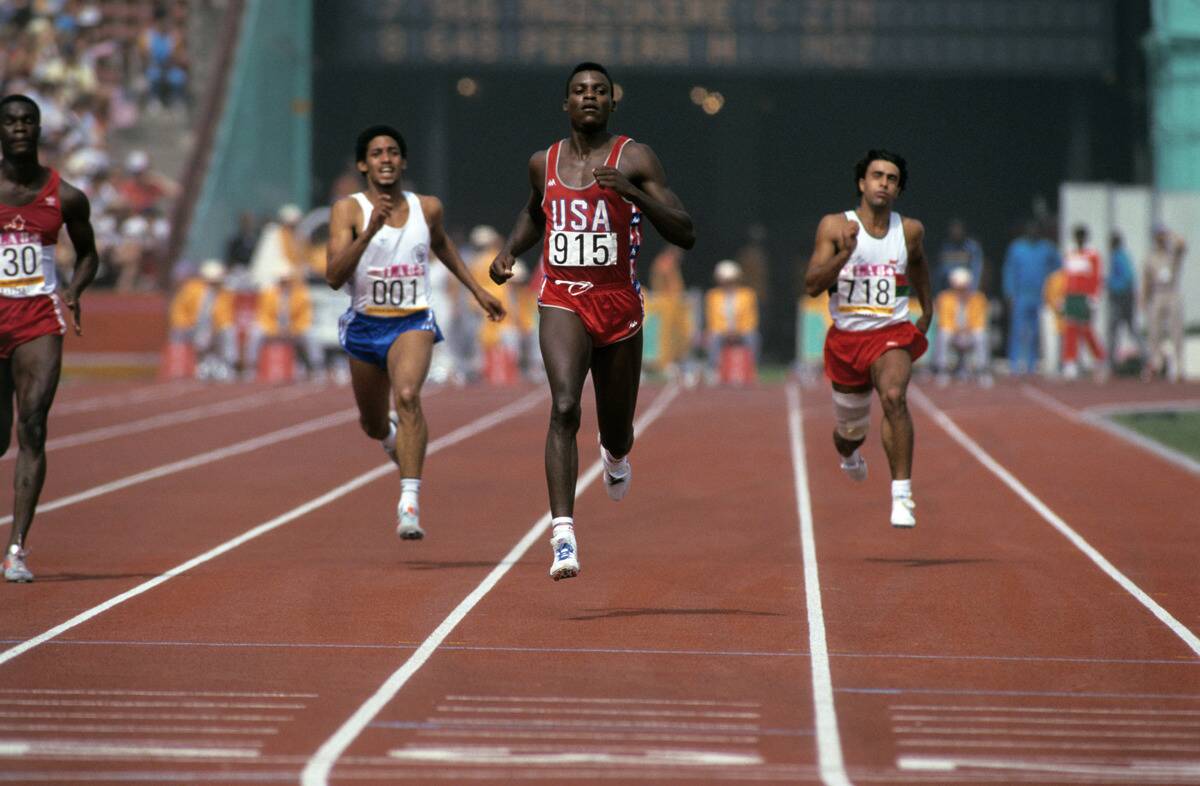
The 1984 Los Angeles Olympics were notable for their financial success, largely due to the commercialization strategies employed by the organizing committee. Despite a Soviet-led boycott, the Games were a spectacle of innovation, featuring the debut of synchronized swimming and rhythmic gymnastics.
The use of existing venues and corporate sponsorships resulted in a profit, proving that the Olympics could be financially viable. This model has influenced how future Games are organized, balancing tradition with modern economic realities.
Barcelona 1992: Transformation of a City
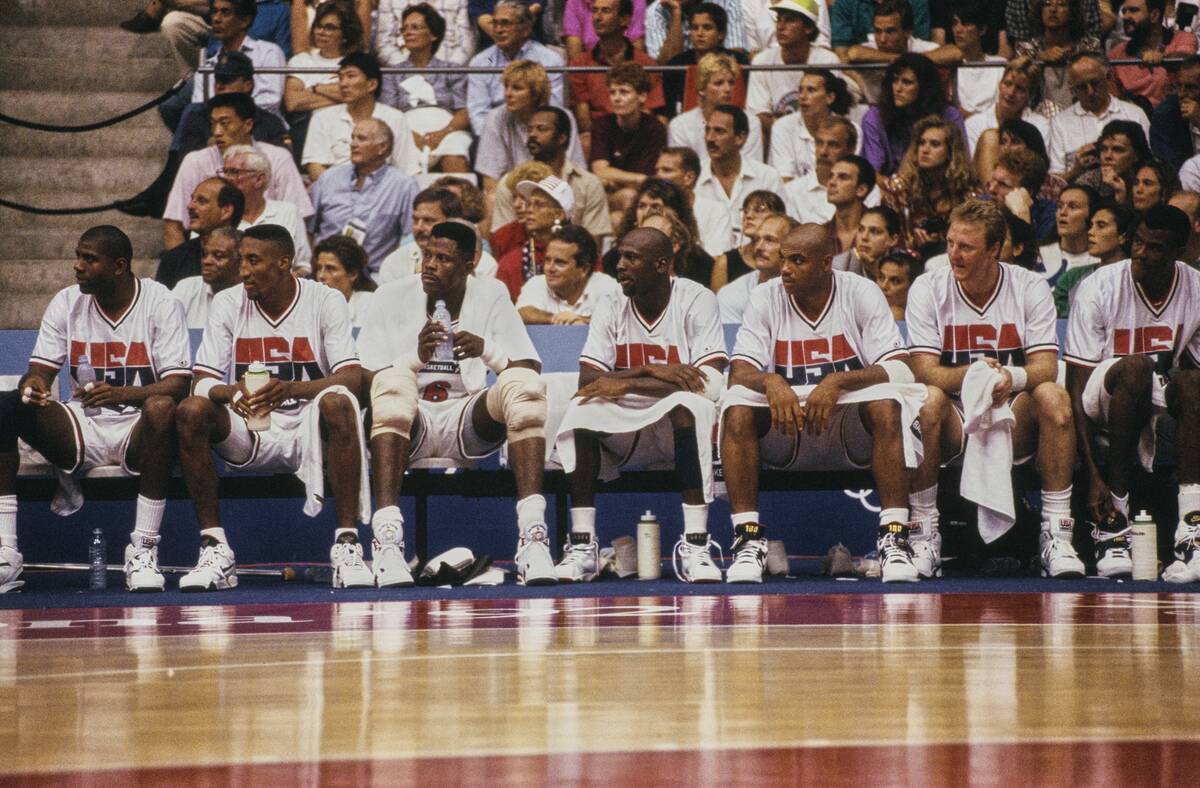
Barcelona 1992 is often hailed as a transformative moment for the city, turning it into a top-tier tourist destination. The Games were the first to feature professional athletes in basketball, giving rise to the legendary ‘Dream Team’ of the USA.
The city’s infrastructure saw massive upgrades, from transportation to sporting facilities, leaving a lasting legacy that continues to benefit residents and visitors alike. The event marked a celebratory return to the Olympic ideals of friendship and fair competition.
Sydney 2000: A New Millennium’s Dawn
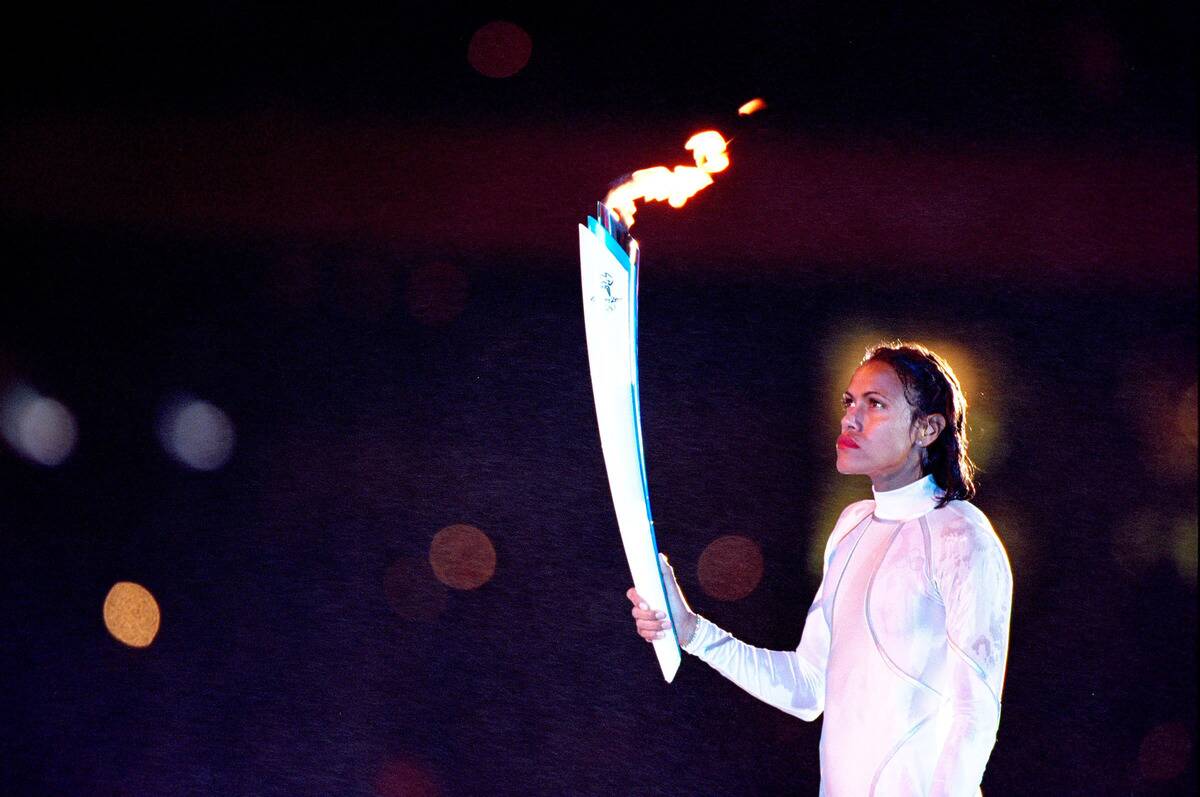
The Sydney Olympics in 2000 showcased the dawn of a new millennium with spectacular opening ceremonies that celebrated Australia’s cultural diversity. Cathy Freeman’s iconic 400-meter victory symbolized the unity and reconciliation between Indigenous and non-Indigenous Australians.
With 199 countries participating, Sydney’s Games were praised for their organization and environmental consciousness, setting a new standard for future Olympic events. The Games were a celebration of sport and humanity, heralding a hopeful future for the Olympic movement.
Beijing 2008: A Global Power Takes the Stage

Beijing 2008 marked China’s debut as a global superpower on the Olympic stage. With an awe-inspiring opening ceremony, China showcased its rich history and modern ambitions to the world. The Games saw Michael Phelps’ extraordinary achievement of eight gold medals in swimming, surpassing the previous record.
The Bird’s Nest stadium became an iconic symbol of the Games, reflecting China’s blend of tradition and innovation. These Olympics highlighted China’s growing influence in global sports and politics.
London 2012: Sustainability and Legacy
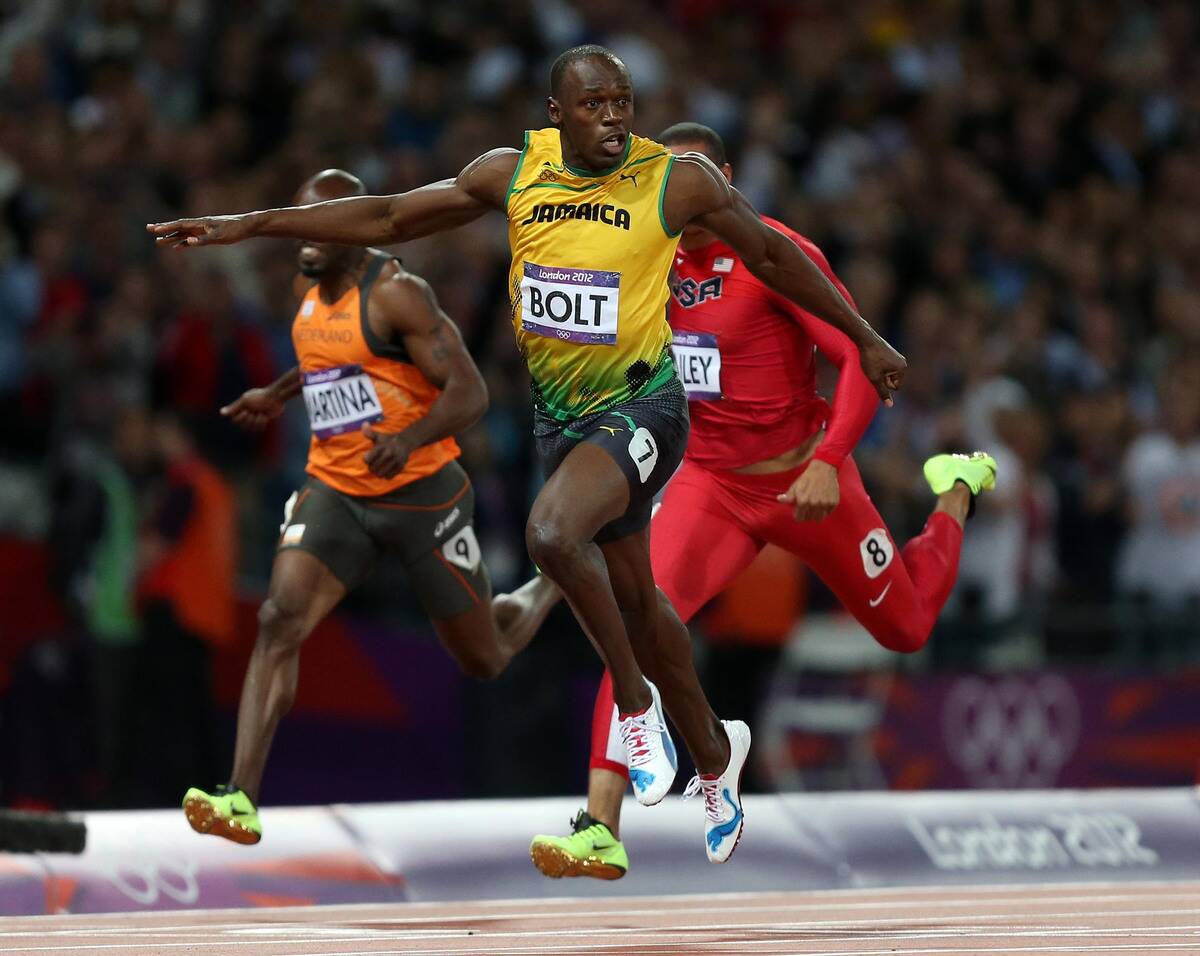
The London 2012 Olympics were celebrated for their commitment to sustainability, with many venues designed to be reused or repurposed after the Games. The event was notable for the record participation of female athletes, who made up 44% of competitors.
Usain Bolt once again captivated audiences with his sprinting prowess, cementing his legacy as one of the greatest Olympians. London’s Games left a positive legacy, revitalizing the East End and setting benchmarks for environmental responsibility in sporting events.
Rio 2016: Challenges and Celebrations
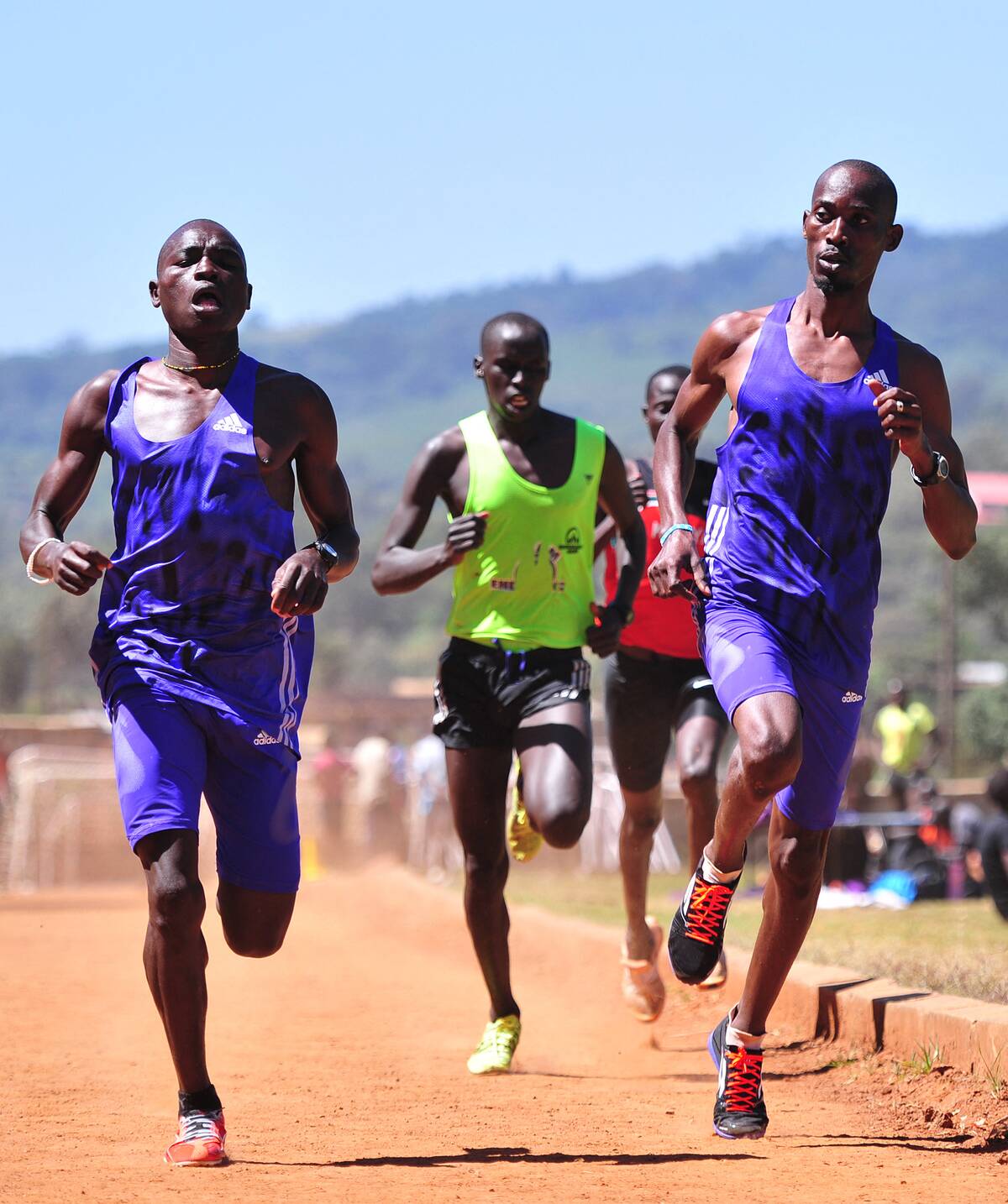
The Rio 2016 Olympics faced numerous challenges, from economic struggles to environmental concerns, yet managed to deliver memorable moments of athletic excellence. Notably, Simone Biles dominated gymnastics with her extraordinary performances, while the Refugee Olympic Team competed under the Olympic flag, symbolizing hope and resilience.
Despite the hurdles, Rio’s Games were a vibrant celebration of sport and Brazilian culture, with iconic imagery of Christ the Redeemer overlooking the city, embodying the spirit of the Games.
Tokyo 2020/2021: The Pandemic Games
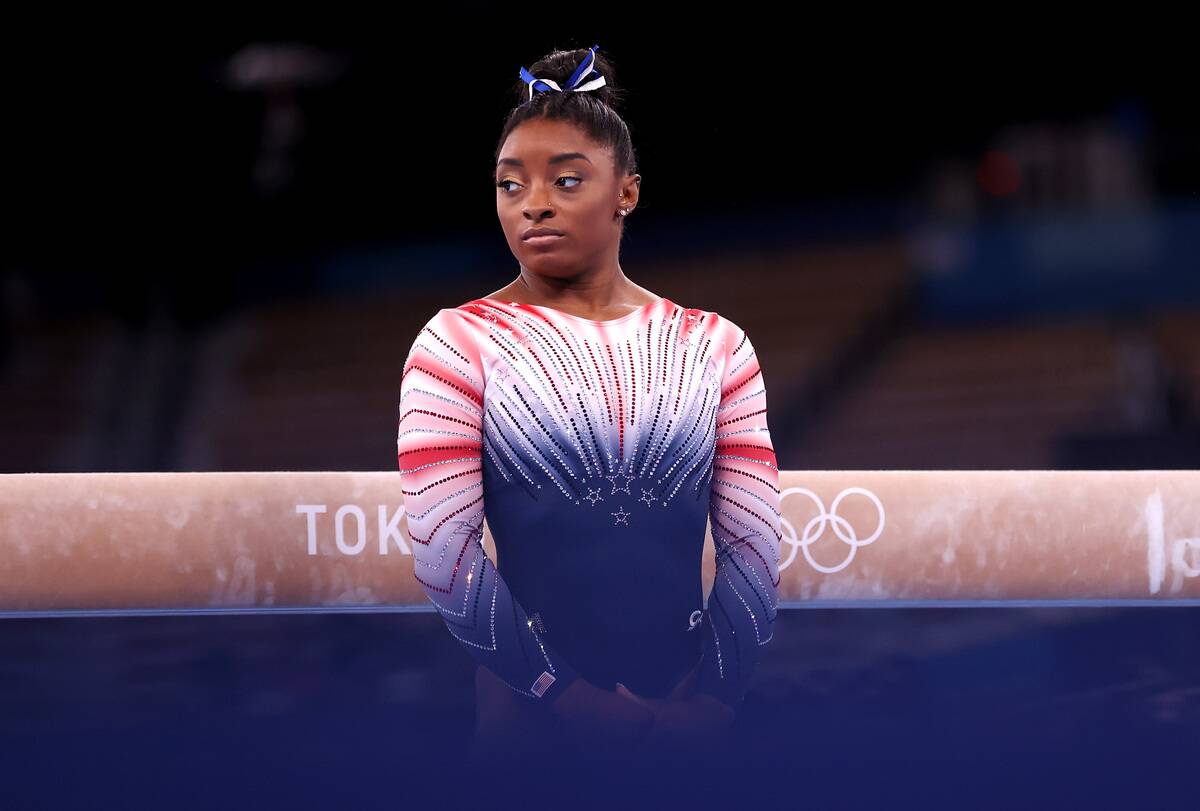
Tokyo 2020, postponed to 2021 due to the COVID-19 pandemic, was unprecedented in Olympic history. Held without spectators, the Games focused on the athletes’ resilience and adaptability. Despite the challenges, new sports like skateboarding and climbing made their Olympic debut, attracting younger audiences.
The Games also highlighted mental health, with athletes like Simone Biles emphasizing its importance. Tokyo 2020/2021 became a testament to overcoming adversity, marking a unique chapter in Olympic history.



